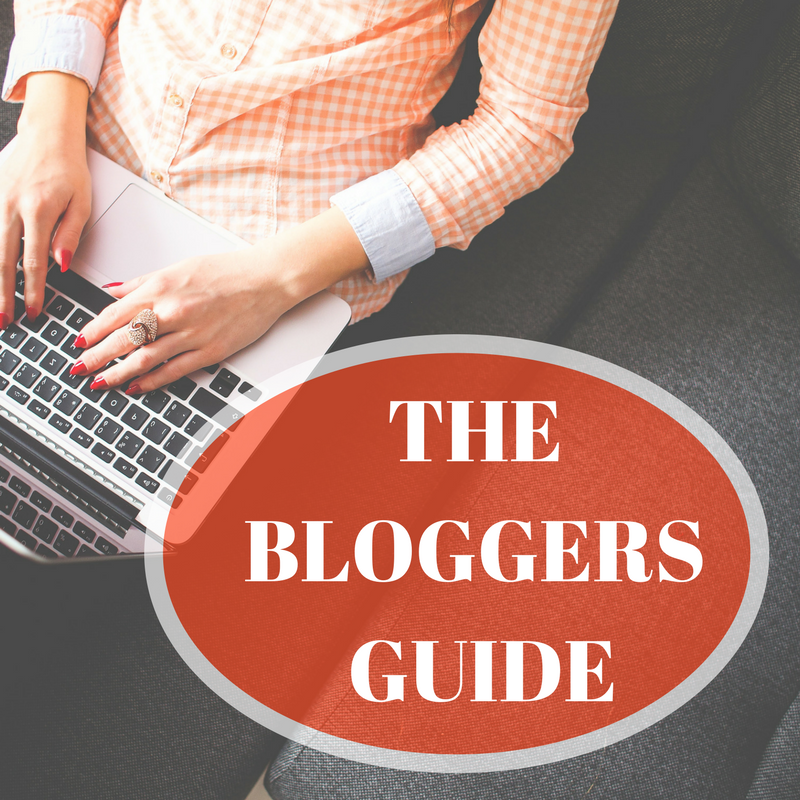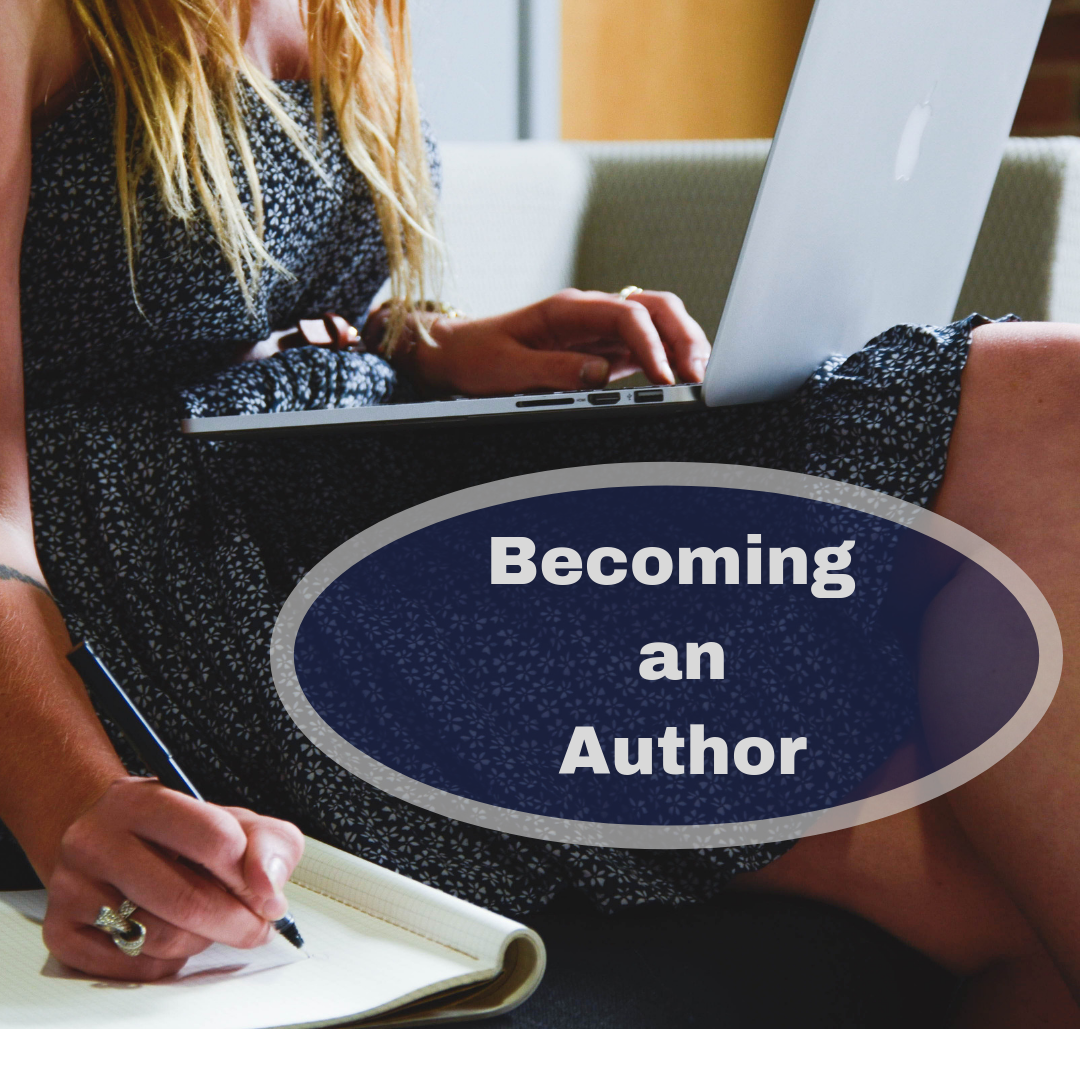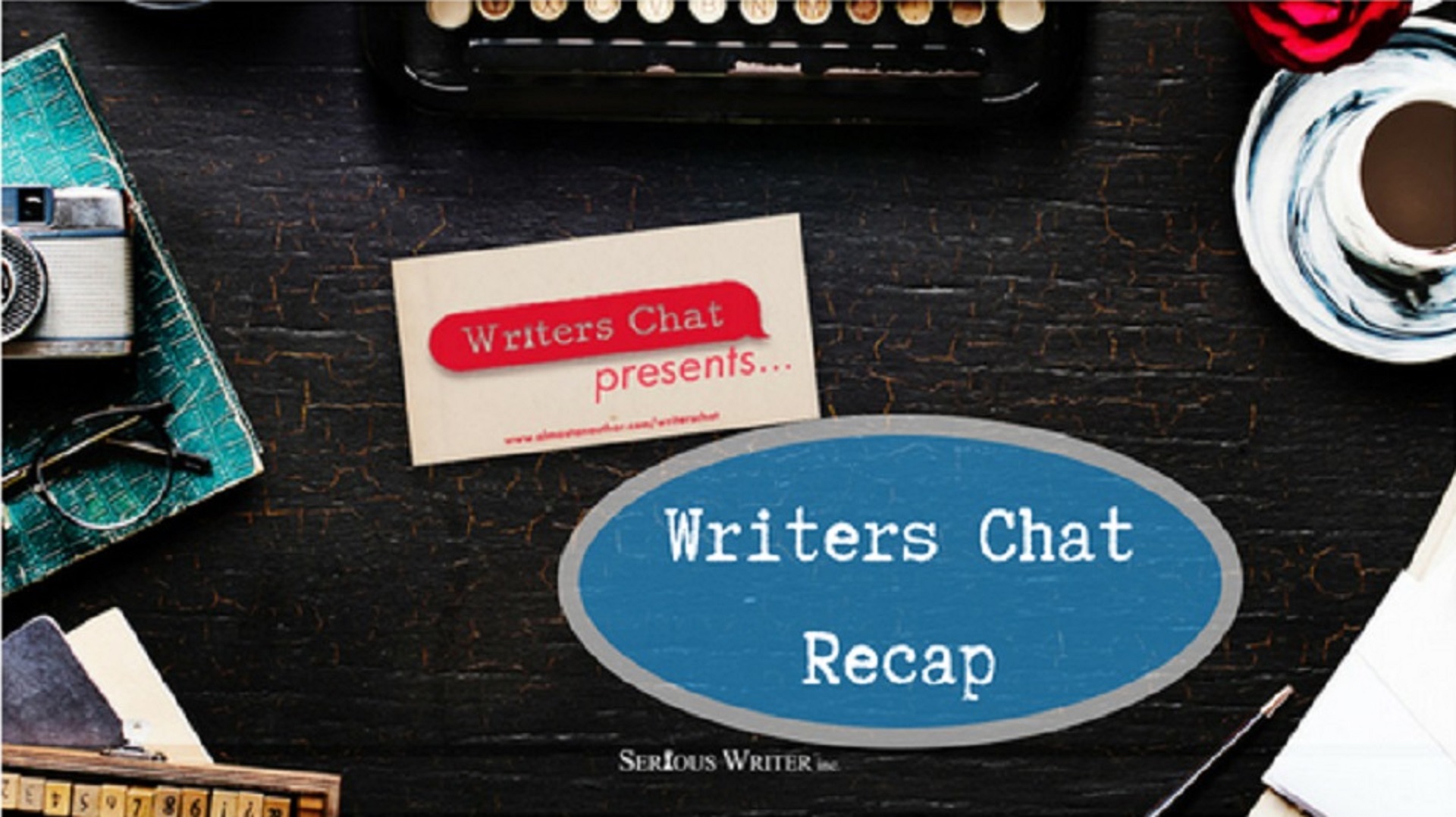
Writers Chat Recap for June Part 2
Writers Chat, hosted by Jean Wise, Johnnie Alexander, and Brandy Brow, is the show where we talk about all…
June 30, 2023
Writers Chat, hosted by Jean Wise, Johnnie Alexander, and Brandy Brow, is the show where we talk about all…
June 30, 2023
Writers Chat, hosted by Jean Wise, Johnnie Alexander, and Brandy Brow, is the show where we talk about all…
December 19, 2022
Websites are part and parcel of the modern professional lifestyle. This is especially true for anyone working on their…
October 22, 2021
Writers Chat, hosted by Jean Wise, Johnnie Alexander, and Brandy Brow, is the show where we talk about all…
September 30, 2021
One of the biggest fears of mine and a lot of people with disabilities is that our voices no…
August 29, 2021
There’s a reason that one day you sat down at an empty screen or in front of a blank…
July 18, 2021
Guest post writing is one of the best tools you can use to create a good reputation and help…
April 26, 2021
Have you lever listened to Simon Sinek’s TEDx Talk, Start With Why? If not, I’d highly recommend you do.…
April 18, 2021
Taking the focus off of ourselves and placing it on our audience changes everything. Everything. That’s exactly what a…
April 12, 2021
Writers Chat, hosted by Jean Wise, Johnnie Alexander, and Brandy Brow, is the show where we talk about all…
March 30, 2021
When it comes to building a platform, numbers fly around conversations like flies on leftovers. Some may say you…
January 18, 2021
The new year. A great time to try something you haven’t done before. How about writing articles? Many people…
January 14, 2021
New authors often call me. They want my help to build their platform in time for their book’s release…
January 13, 2021
When it comes to marketing, most of us can use all the help we can get. Savvy authors know…
January 8, 2021
Personal brand is a big factor for writers today. Do you have one? If so, what is it? And…
November 18, 2020
What is a lead magnet? A lead magnet is a marketing term for a free item or service that is given…
October 8, 2020
As a writer, Christian, and citizen I have made a purposeful choice to keep my social media posts social.…
August 5, 2020
In 2020, social media is a vital part of our lives. We use it to communicate, to share stories,…
July 31, 2020
As a devotional or Christian living writer you have a burden to share the message God has laid on…
November 19, 2019
If you’ve been to any writers conference lately, you’ve no doubt heard lots of talk about building a platform.…
September 21, 2019
I recently interviewed Christian Living and devotional author Sarah Geringer. I hope you gain as much writing wisdom from…
July 19, 2019
If I have learned anything from writers conferences and other instruction, it’s that writers like me need a platform—a…
March 6, 2019
You pour out your heart and passion out on the page crafting your blog for the world to see.…
February 24, 2019
You may have heard the term “it factor” used to describe people in industries such as sports or…
February 12, 2019
Writers Chat, hosted by Jean Wise, Johnnie Alexander, and Bethany Jett, is the show where we talk about all…
January 31, 2019